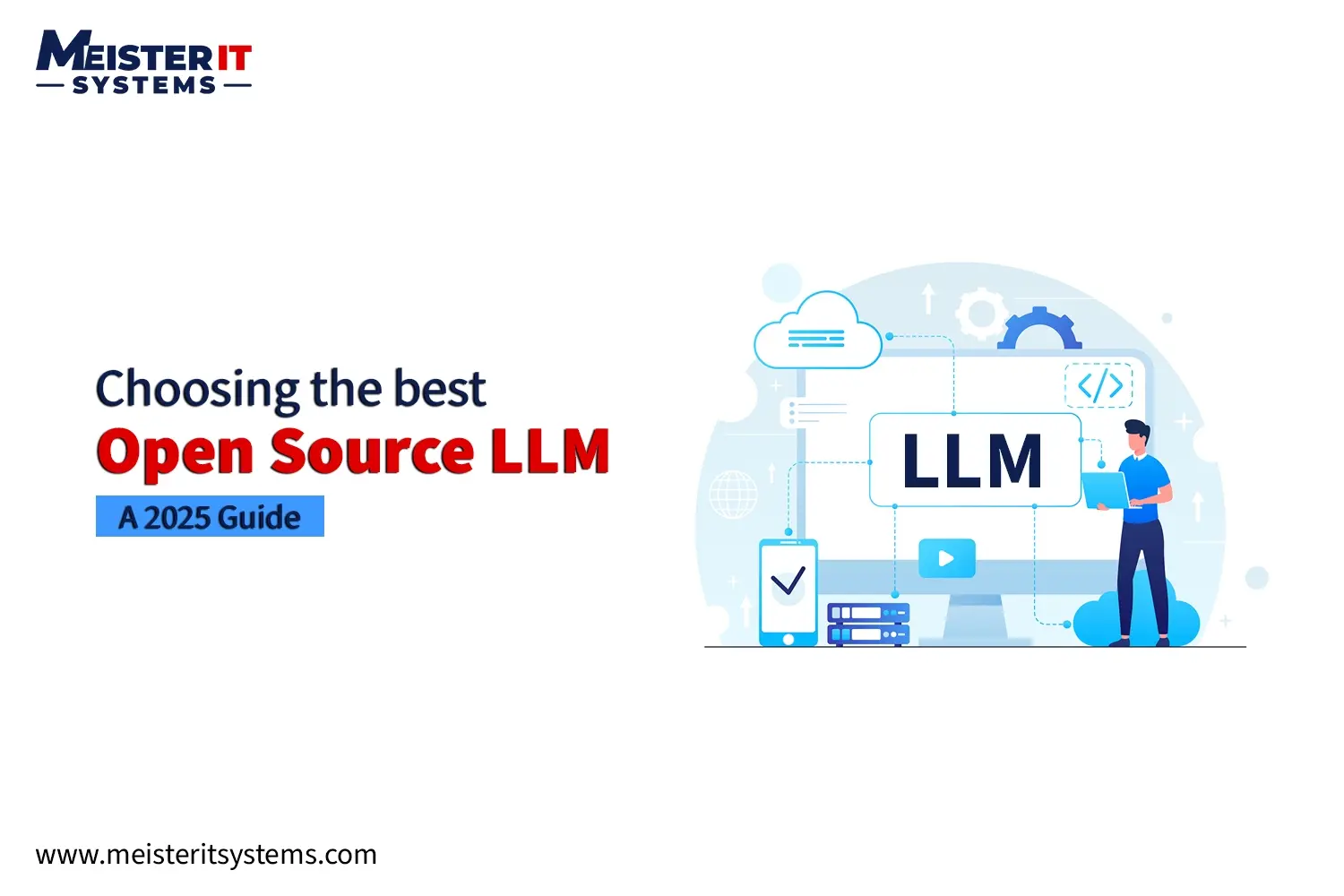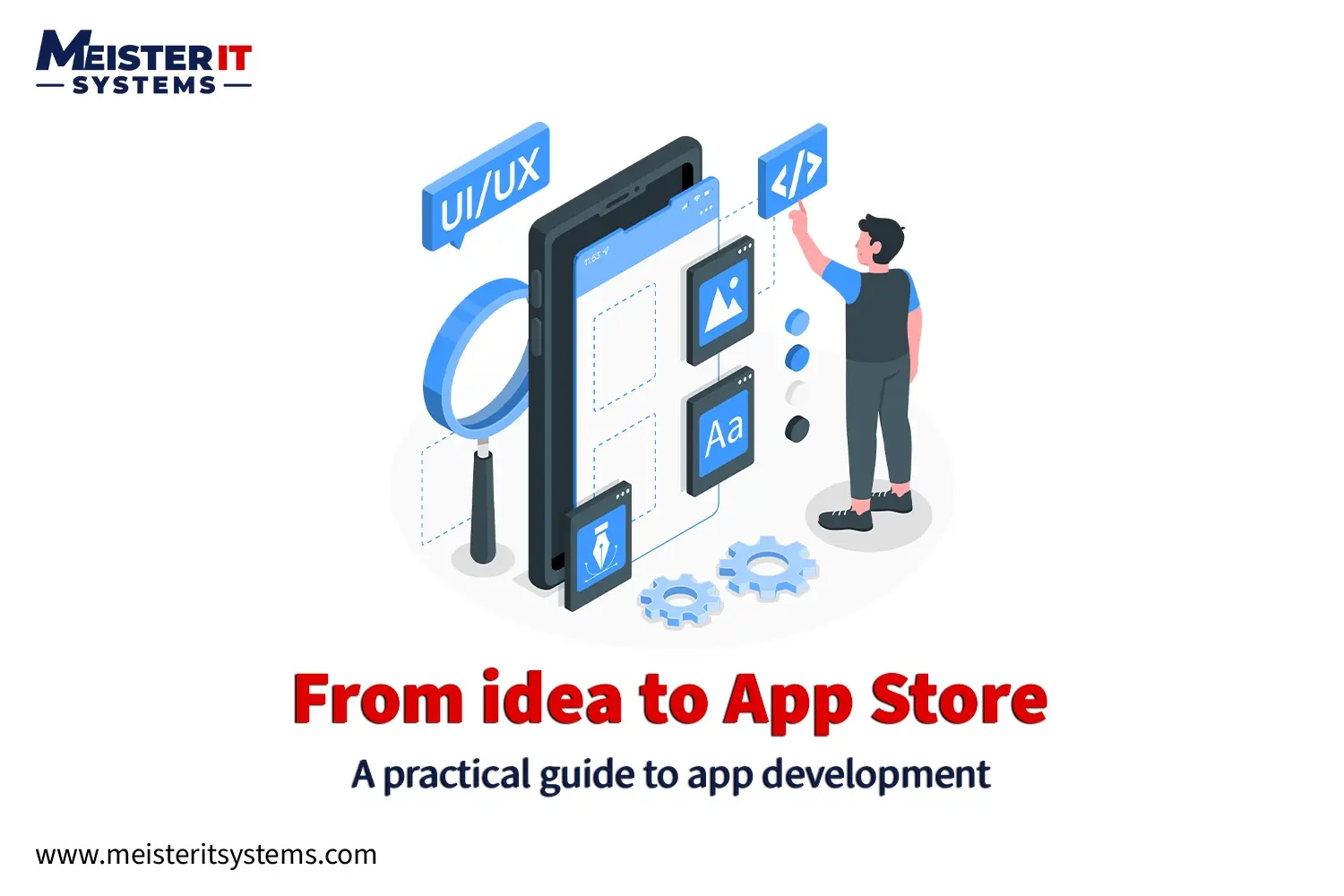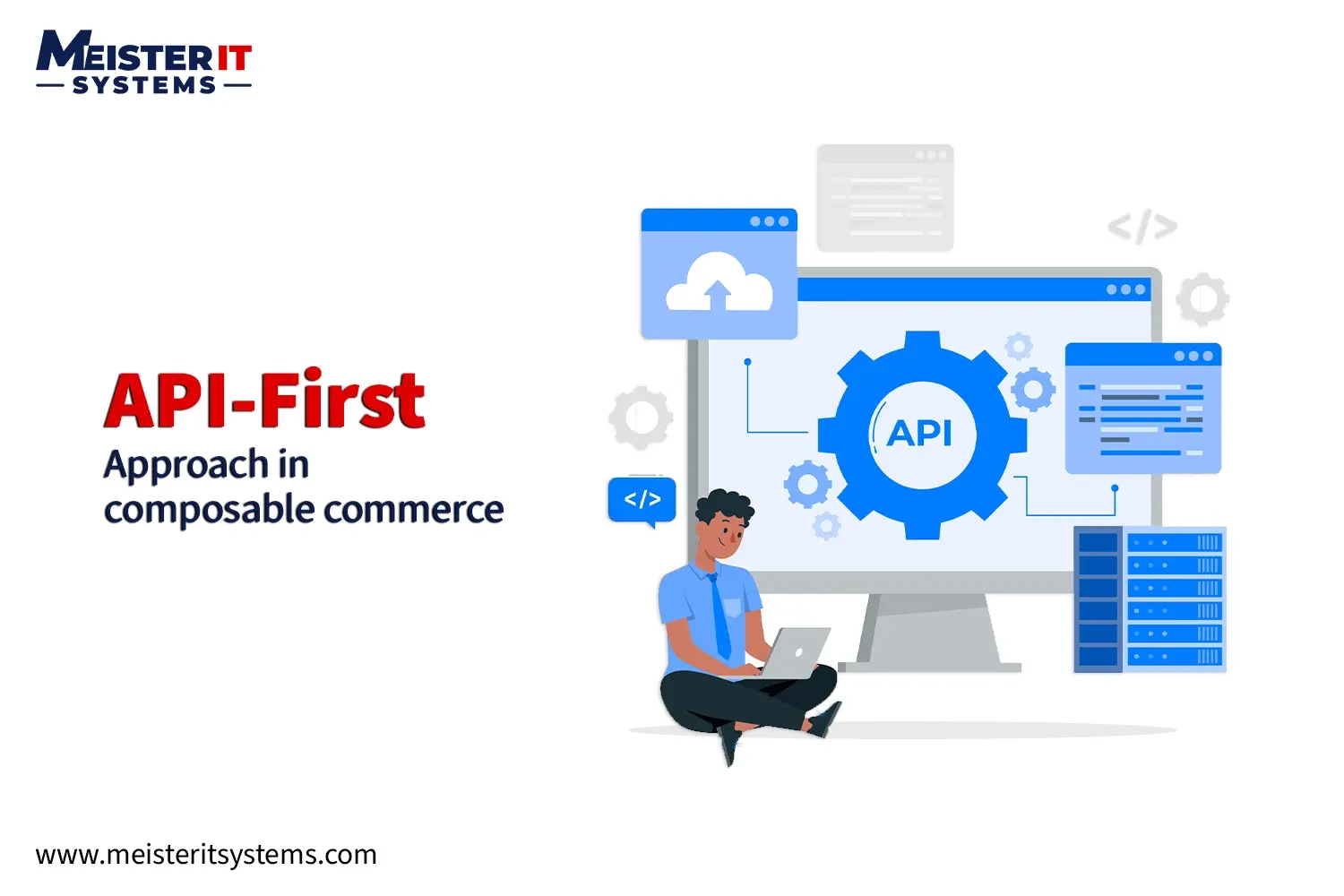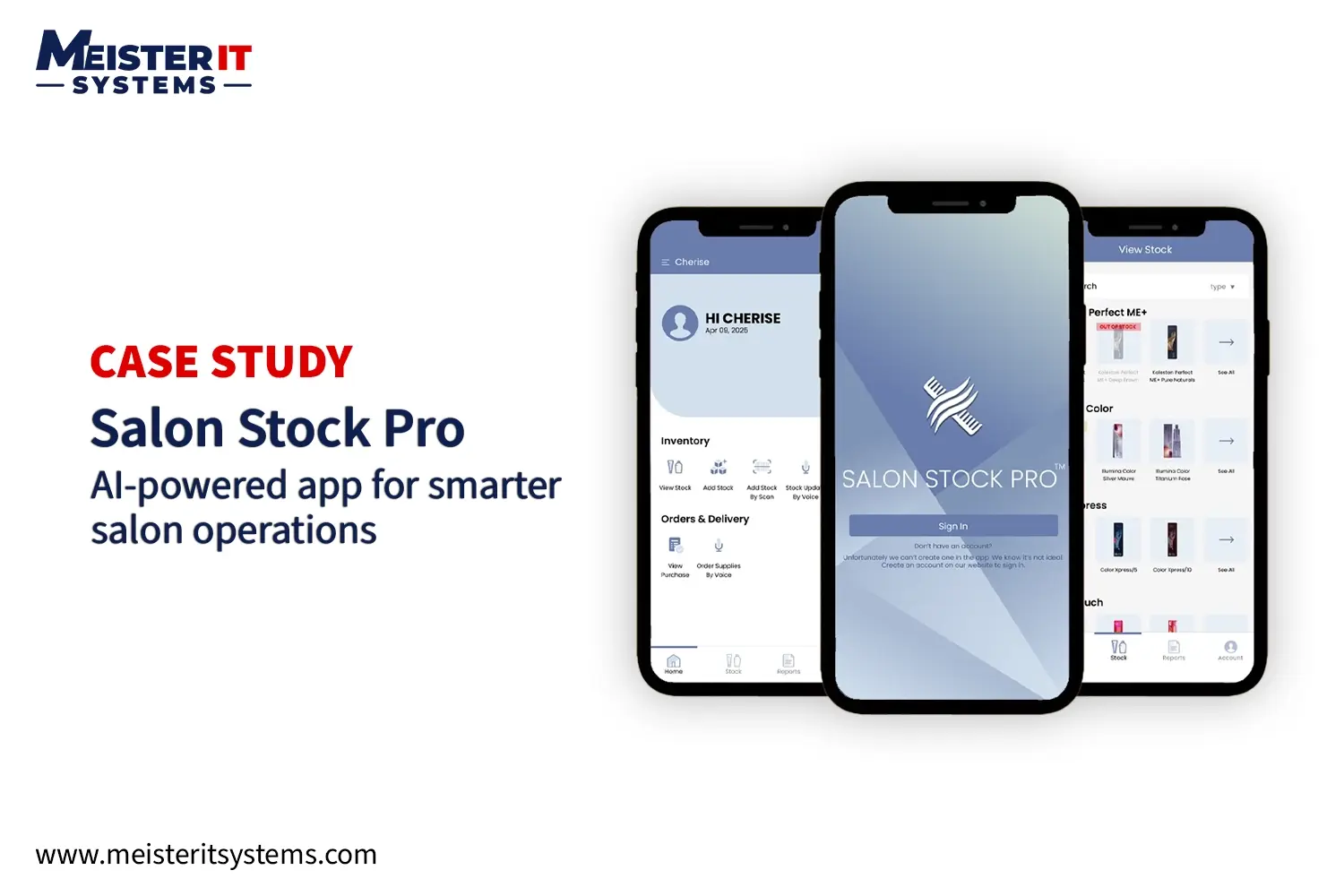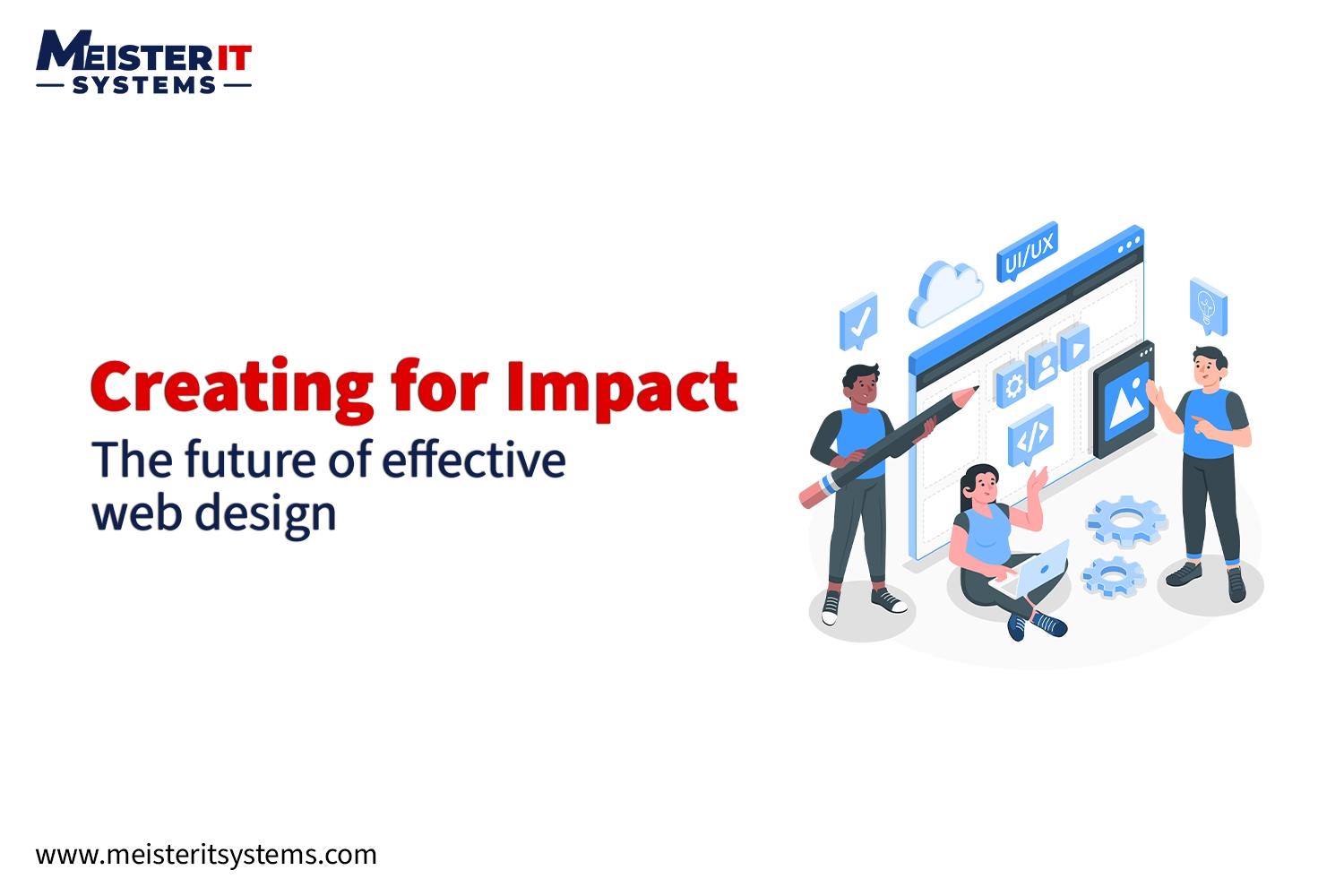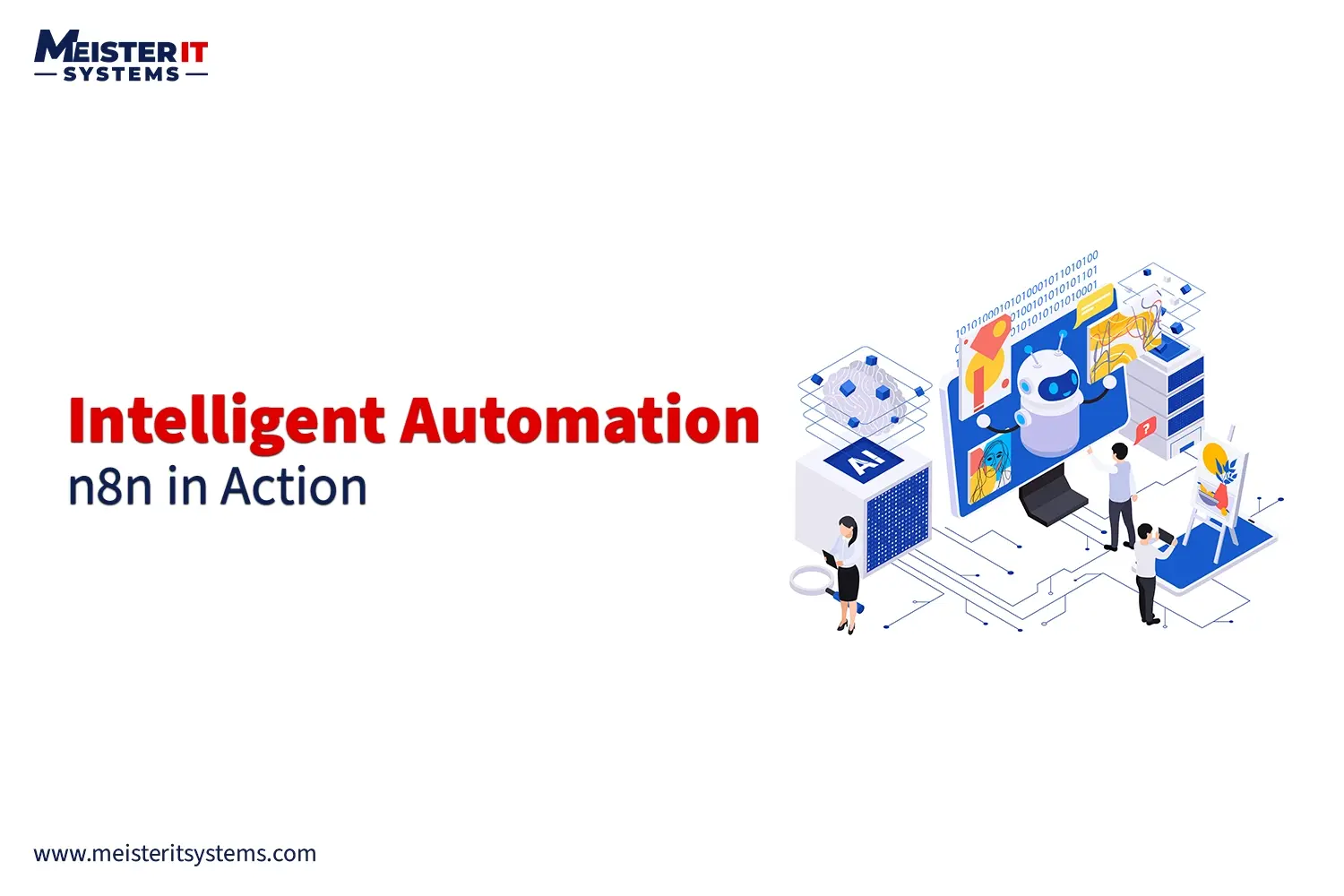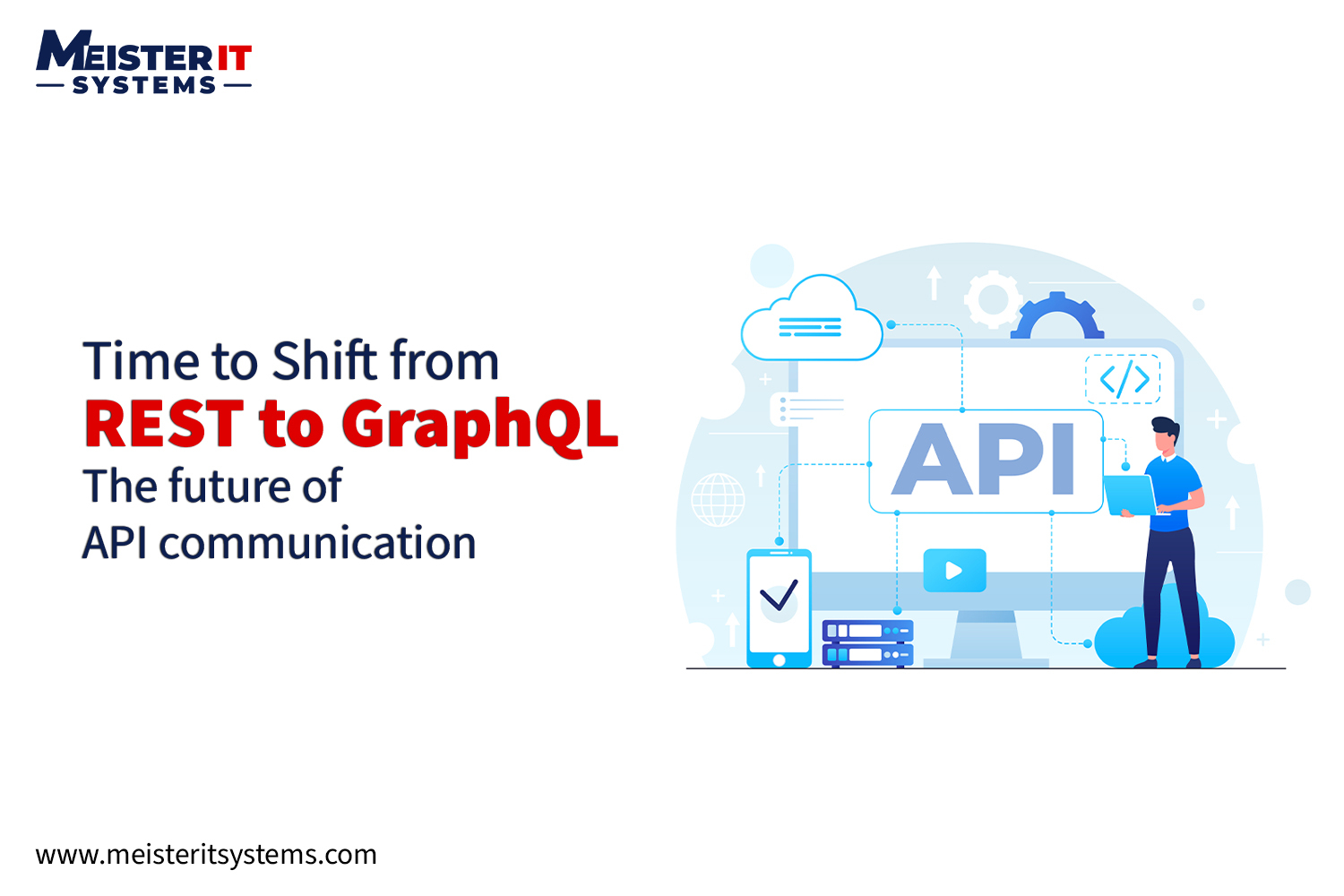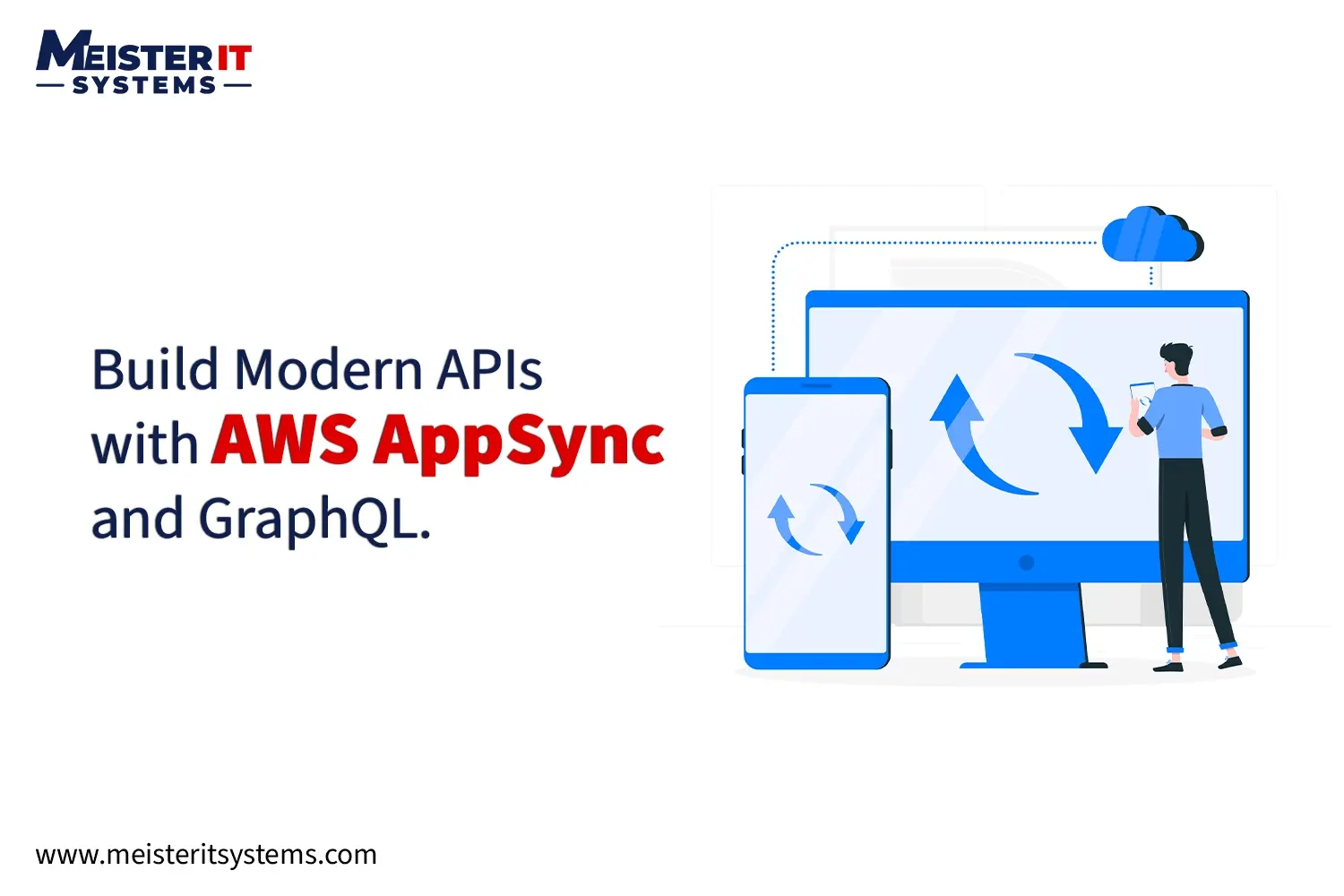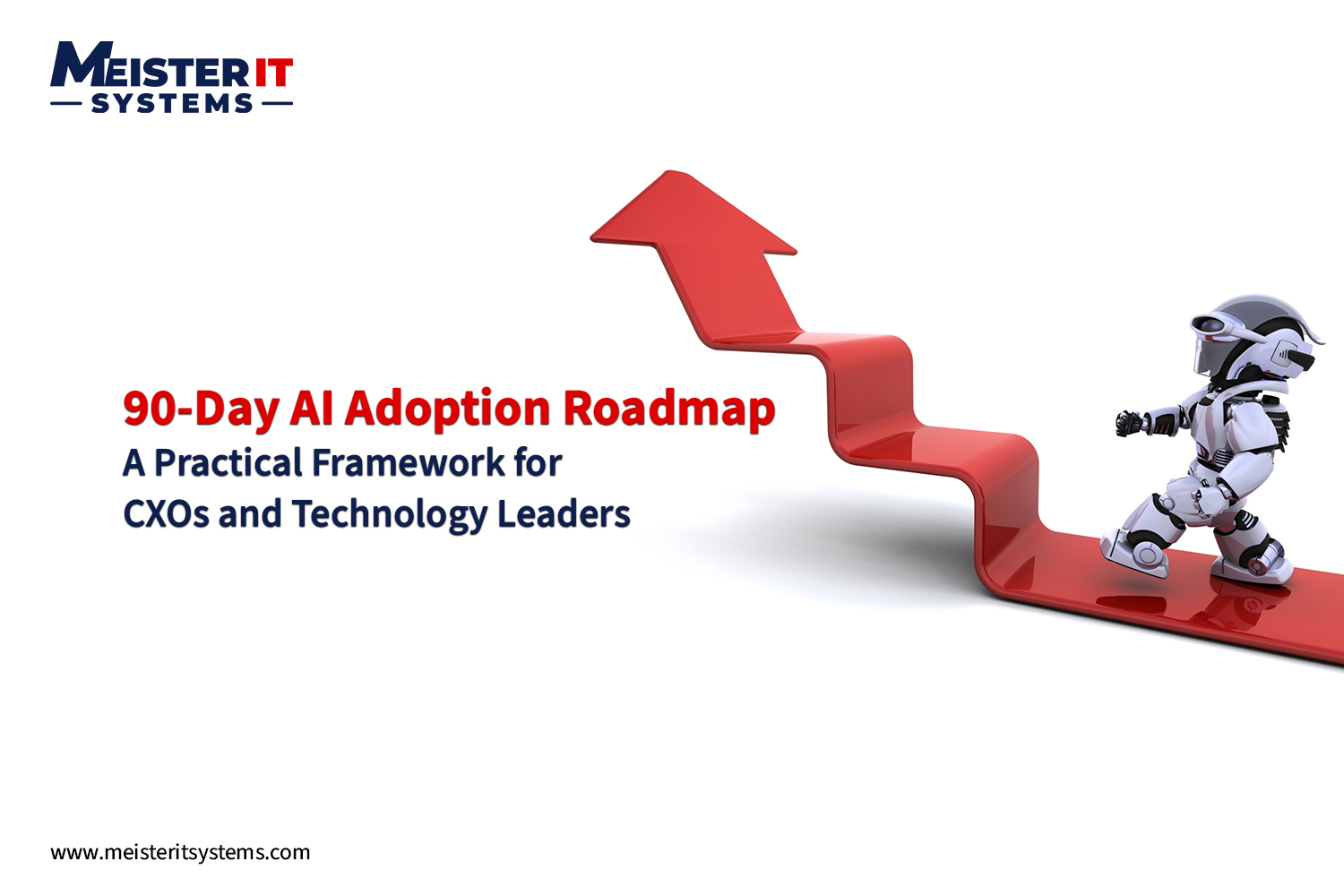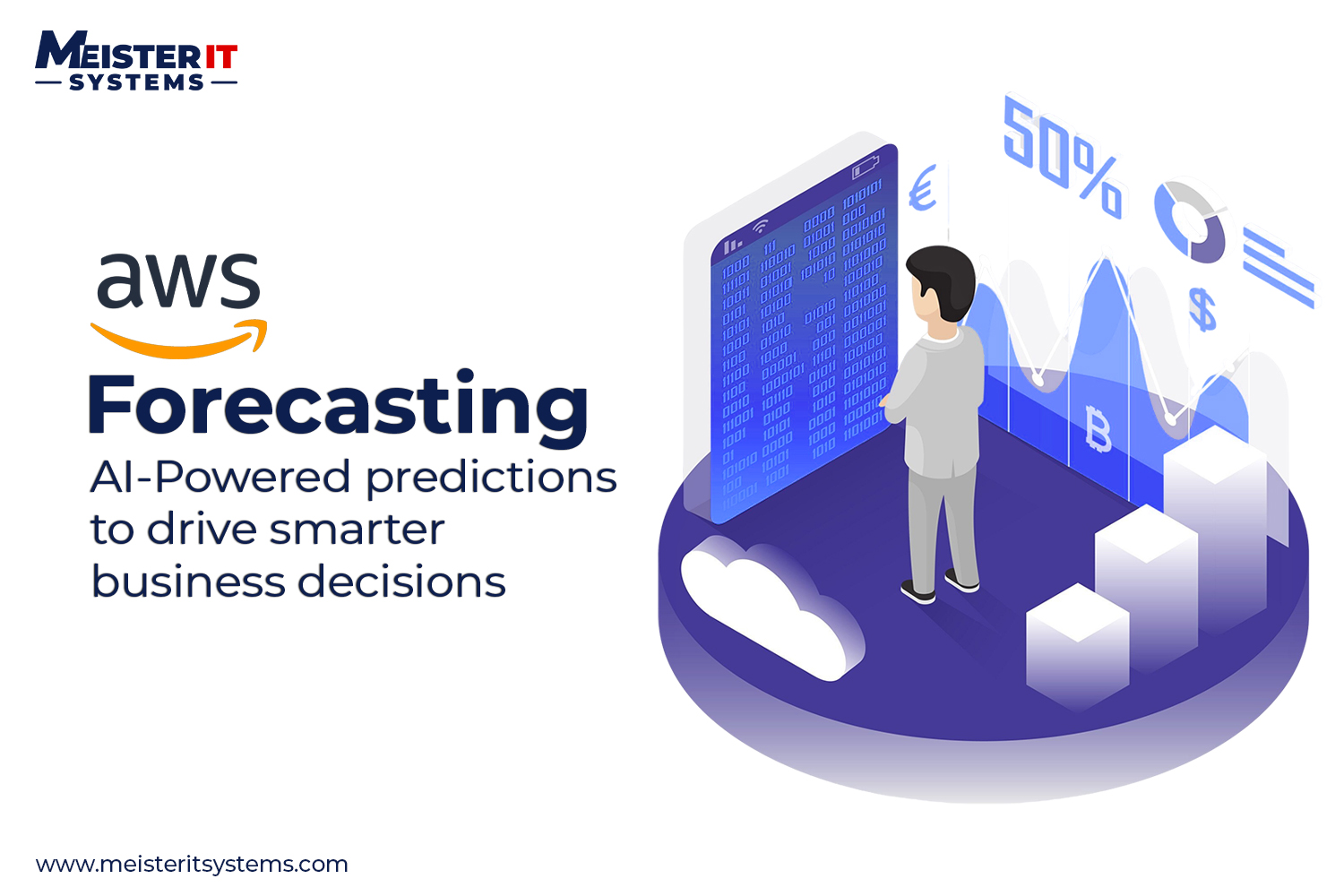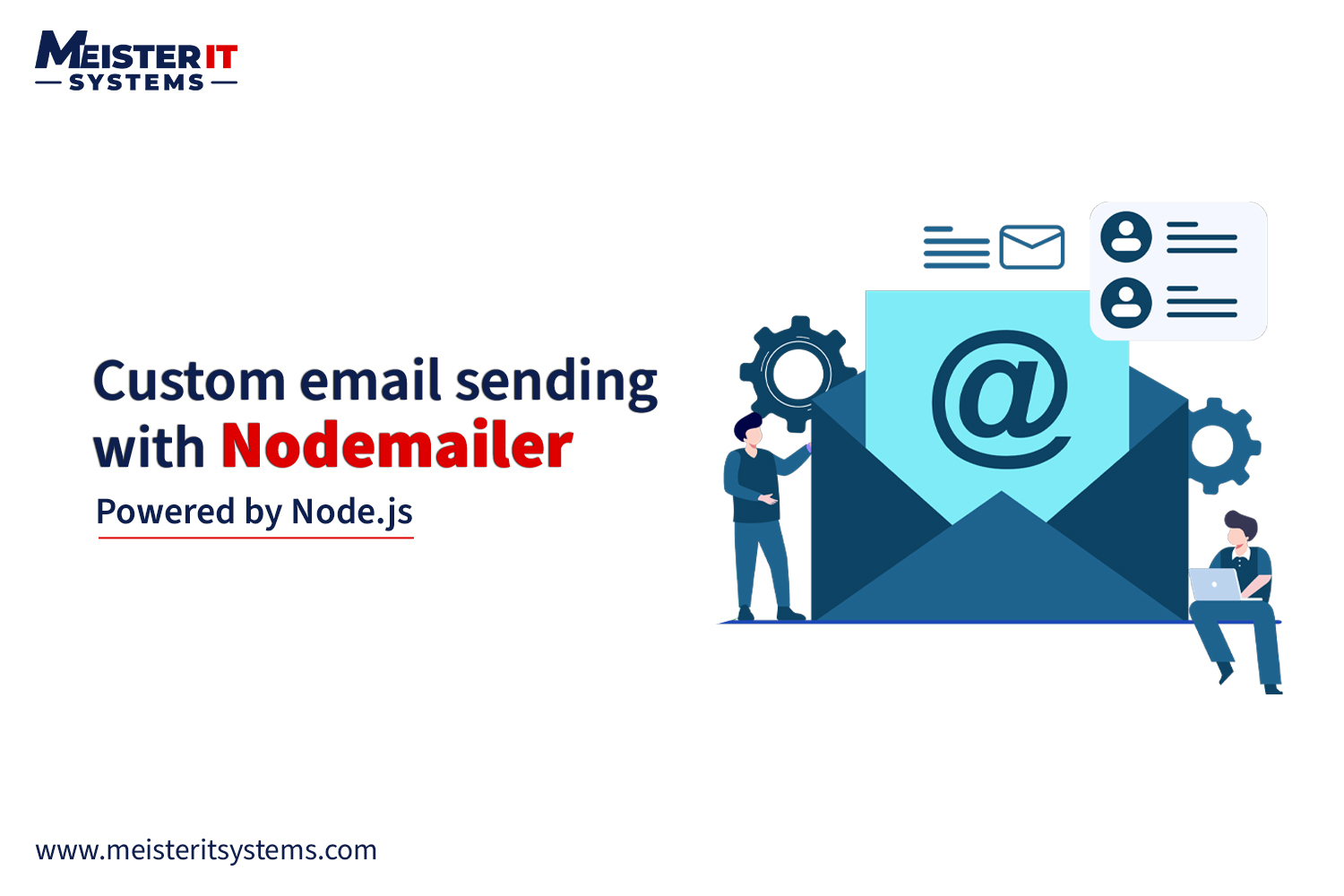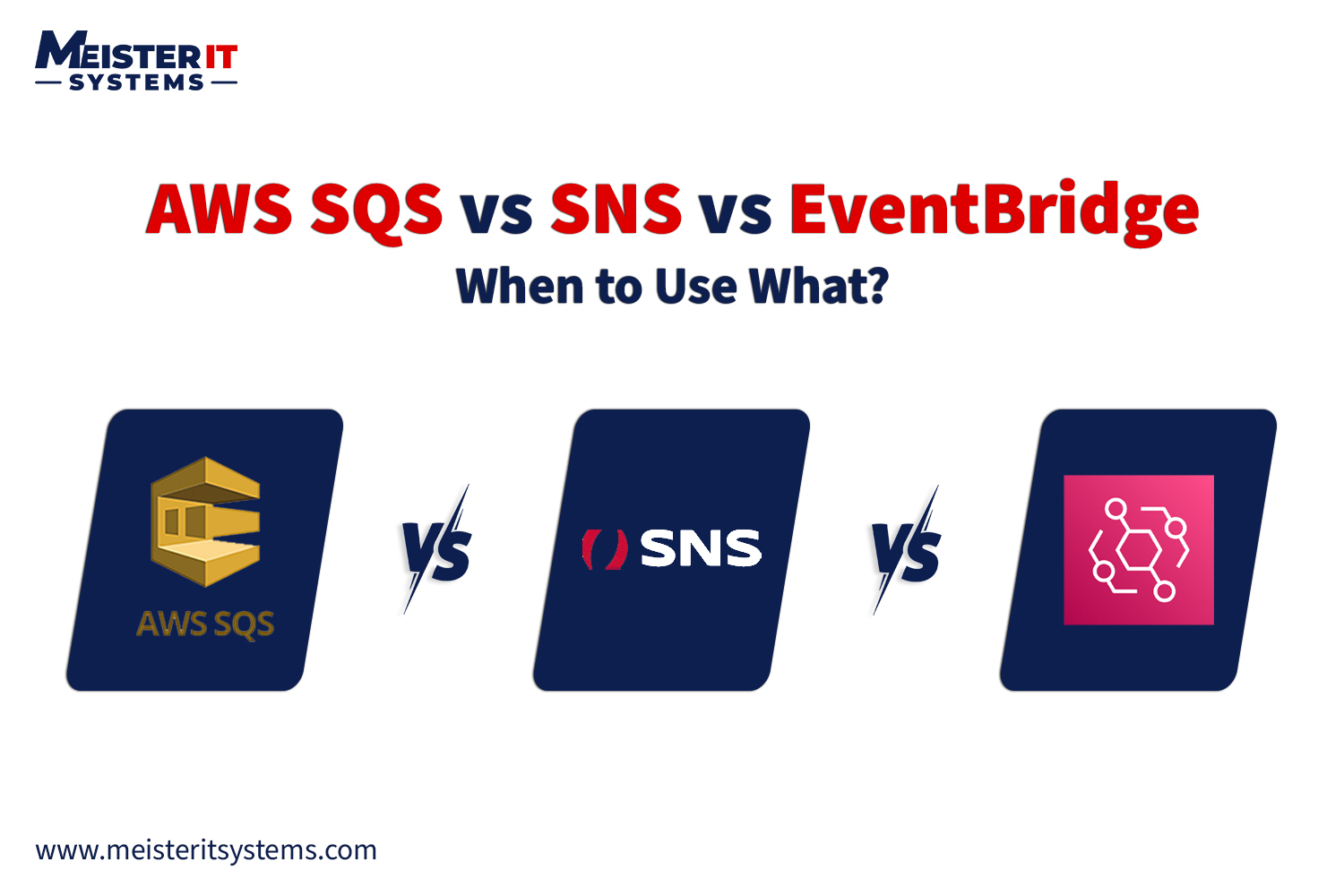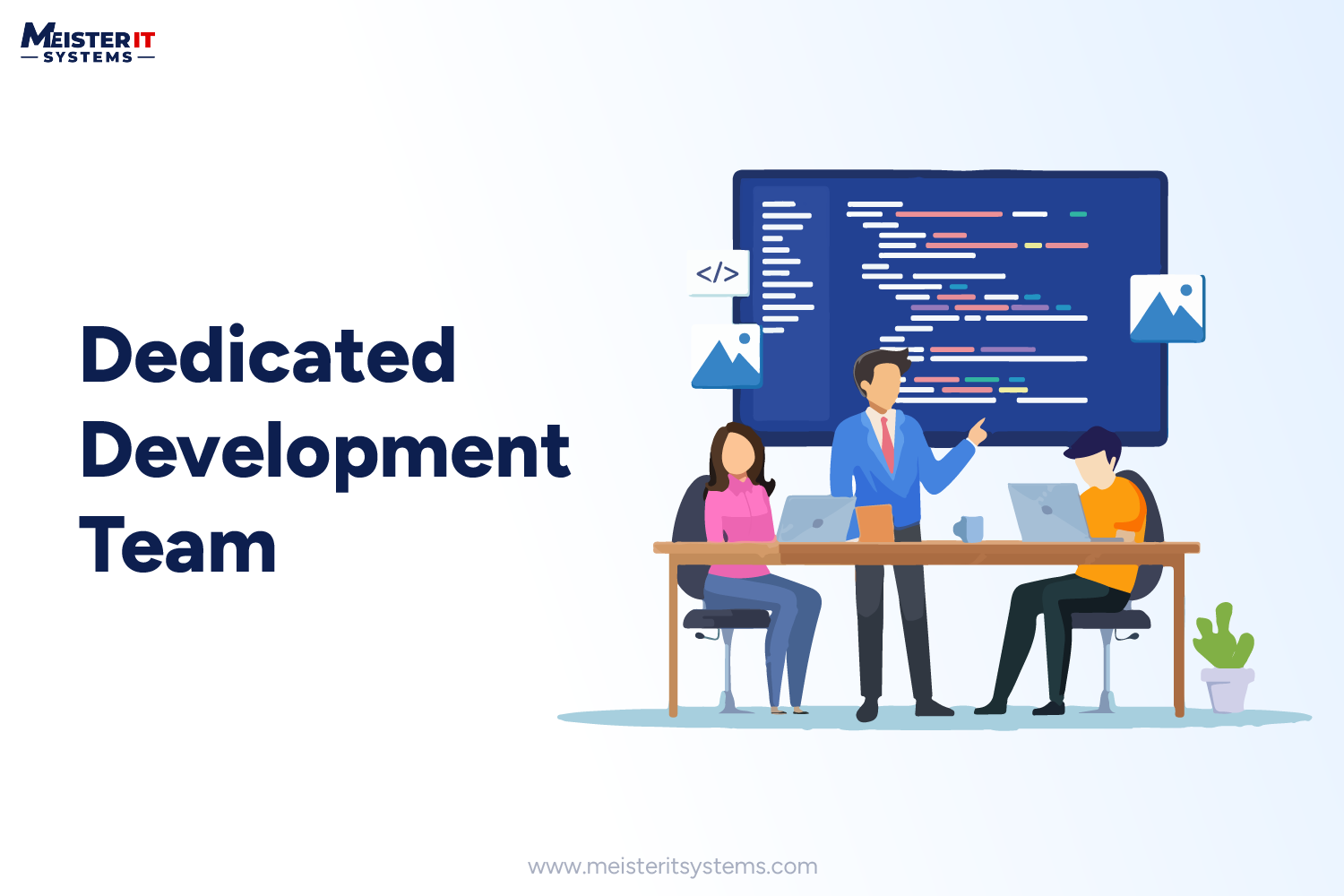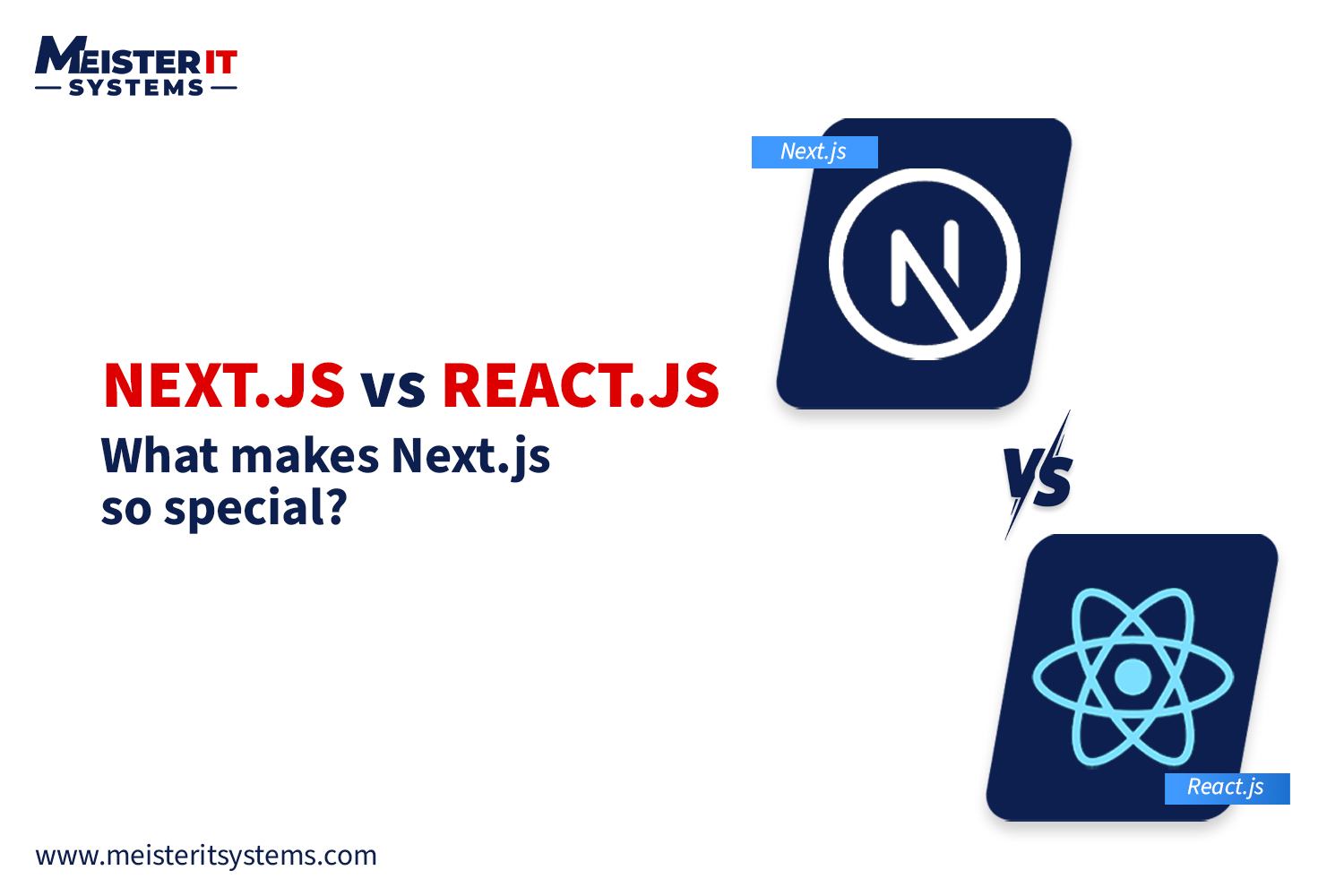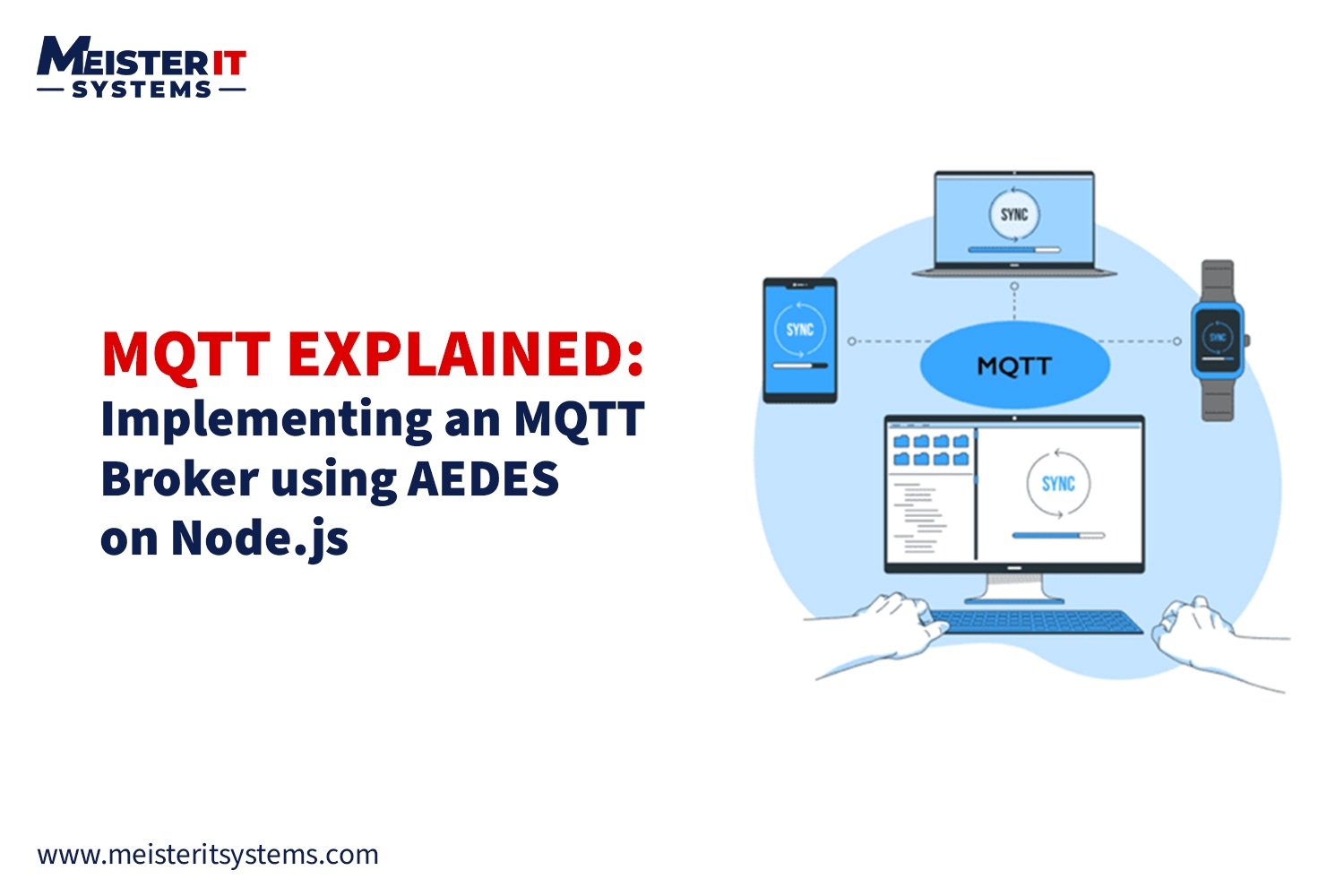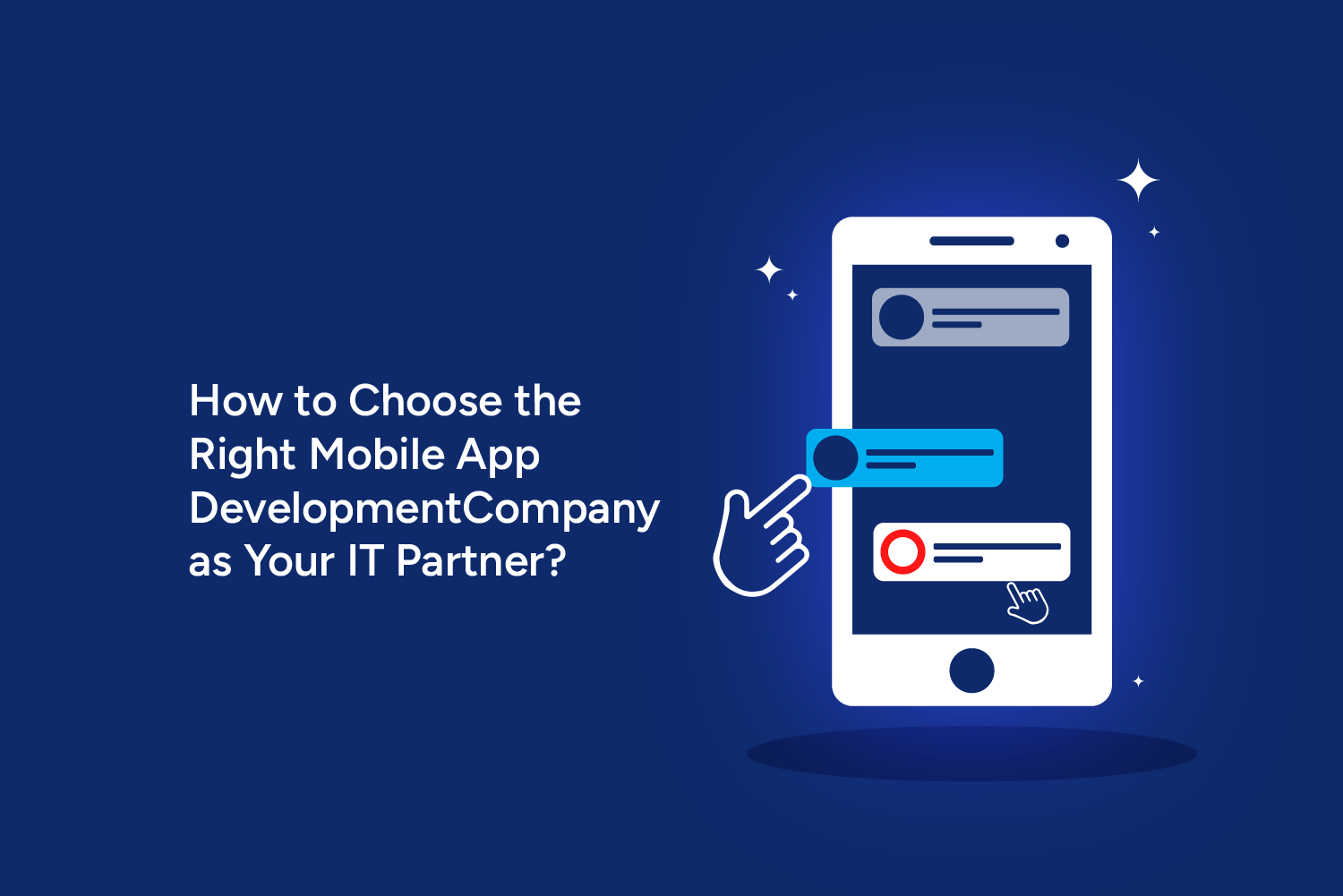
Introduction
In today’s digital age, mobile apps have become an integral part of our daily lives, transforming the way we work, communicate, and access information. As businesses seek to tap into this vast and ever-expanding market, choosing the right mobile app development company to be your IT partner is crucial for success. This decision can significantly impact the quality, functionality, and ultimately, the success of your mobile app. In this guide, we will explore the essential factors to consider when selecting a mobile app development company, ensuring you make an informed and strategic choice.
Crucial Steps To Consider While Choosing Mobile App Partner
1. Define Your Project Requirements
Before embarking on the search for a mobile app development company, it’s crucial to have a clear understanding of your project requirements. This step will help you outline your goals, objectives, and expectations for the mobile app. Consider the following aspects:
1.1. Platform and Technology Stack
Determine the platforms your app will target, whether it’s iOS, Android, or both. Additionally, identify the technology stack and framework that aligns with your project’s needs. Understanding your technical requirements will help you find a development company with expertise in the relevant platforms and technologies. Additionally, consider the technology stack and framework that will underpin your app’s development. For example:
- Programming Languages: Depending on the platform, you may need developers skilled in Swift and Objective-C for iOS, or Java and Kotlin for Android. For cross-platform development, technologies like React Native, Flutter, or Xamarin might be suitable.
- Database Systems: Determine the database systems that will store your app’s data. Common choices include MySQL, PostgreSQL, or NoSQL databases like MongoDB.
- Back-End Infrastructure: If your app requires server-side components, you’ll need to select the appropriate back-end technology stack. Options include Node.js, Ruby on Rails, Django, or ASP.NET, among others.
- Integration Needs: Identify any third-party APIs or services your app will need to integrate with, such as payment gateways, social media platforms, or location-based services.
- By specifying your platform and technology stack requirements, you’ll be better equipped to assess potential development partners’ expertise in these areas.
1.2. Budget and Timeline
Establish a realistic budget and timeline for your mobile app project. Knowing your financial constraints and desired launch date will help you filter out development companies that cannot accommodate your budget or meet your project’s deadlines.
By having a clear understanding of your budget and timeline, you’ll be able to communicate these expectations effectively to potential development partners and ensure alignment with your project goals.
1.3. Features and Functionality
Create a comprehensive list of features and functionality you want your app to have. Prioritise these features based on their importance to your project’s success. This list will serve as a guideline when evaluating potential development partners.
- Feature Prioritisation: Once you’ve brainstormed all the features you want your app to have, prioritise them based on their importance to your project’s success. Consider which features are “must-haves” for the initial launch and which can be added in future updates. This prioritisation will guide the development process and ensure that core functionality is addressed first.
- User Stories: To create a clear vision of how your app will function, write user stories or use cases that describe how users will interact with the app. User stories help the development team understand the user experience and the flow of the app.
- MVP (Minimum Viable Product): Consider developing a Minimum Viable Product (MVP) to launch initially. An MVP includes essential features that allow your app to function and provide value to users. This approach enables you to enter the market faster, gather user feedback, and iterate on the app’s features based on real-world usage.
- Scalability: Think about how your app’s features will scale as your user base grows. Ensure that the development company you choose has experience in building scalable architectures that can handle increased traffic and data.
- Usability and User Experience (UX): Pay attention to the usability and UX design of your app. A user-friendly interface and intuitive navigation are key to retaining users and driving engagement.
By meticulously defining your app’s features and functionality, you’ll create a blueprint that development companies can use to provide accurate estimates and recommendations for your project.
2. Research Potential Development Companies
Once you have a clear understanding of your project requirements, it’s time to start researching potential mobile app development companies. Begin by compiling a list of potential partners through various sources:
2.1. Online Search
Use search engines and online directories to find mobile app development companies. Read reviews, case studies, and testimonials to gauge their reputation and the quality of their work. If applicable, check the app store ratings and user reviews for apps developed by the company. This external feedback can offer insights into how end-users perceive the quality and usability of their apps.
2.2. Recommendations
Reach out to your professional network, including colleagues, industry peers, and mentors. Ask if they have worked with mobile app development companies in the past or if they have any contacts in the industry who can provide recommendations. Personal referrals can be valuable in identifying reliable development companies with a proven track record.
2.3. Portfolio Assessment
Review the portfolios of potential development companies to assess the quality of their previous work. Look for projects that align with your industry or app category, as this demonstrates their expertise in your niche.
3. Evaluate Company Experience and Expertise
Now that you have a list of potential development partners, it’s essential to evaluate their experience and expertise in mobile app development. Consider the following factors:
3.1. Industry Specialisation
Check if the development company specialises in your industry or has experience working on similar projects. Industry-specific knowledge can lead to more tailored solutions and faster project development.
3.2. Technical Proficiency
Assess the development team’s technical skills and proficiency in the chosen technology stack. Inquire about certifications, training, and relevant experience to ensure they can handle the complexities of your project.
3.3. Portfolio Quality
Examine the quality of the projects showcased in their portfolio. Look for innovative design, user-friendly interfaces, and robust functionality. This will give you insight into their ability to deliver a polished and effective app.
4. Check References and Client Feedback
Gathering feedback from previous clients is a crucial step in the evaluation process. Contact the development company’s references and inquire about their experiences. Key points to consider include:
4.1. Communication and Collaboration
Ask about the company’s communication style and how effectively they collaborate with clients. Transparent and open communication is essential for a successful partnership.
4.2. Project Management
Inquire about their project management processes. A well-structured approach to project management ensures that milestones are met, and the project stays on track.
4.3. Client Satisfaction
Determine the level of client satisfaction by asking references about the final product’s quality, adherence to deadlines, and overall experience of working with the development company.
5. Assess Development Methodology
Understanding the development methodology used by the company is essential for ensuring a smooth and efficient project. Consider the following:
5.1. Agile or Waterfall
Ask about their preferred development methodology, whether it’s Agile, Waterfall, or a hybrid approach. Choose a company that aligns with your project’s needs and flexibility requirements. We, at MeisterIT Systems follow Agile methodology to offer better quality, reduced risks, faster development, controlled management, and more.
5.2. Project Transparency
Evaluate their transparency in project tracking and reporting. A development company that provides regular updates and allows you to monitor progress is more likely to meet your expectations.
6. Evaluate Technical Support and Maintenance
Post-launch support and maintenance are critical for the long-term success of your mobile app. Assess the development company’s approach to technical support:
6.1. Maintenance Services
Inquire about their post-launch maintenance services, including bug fixes, updates, and ongoing technical support. Ensure they offer a service level agreement (SLA) that meets your needs.
6.2. Scalability
Discuss the company’s ability to scale your app as it grows. They should be equipped to handle increased user loads, feature enhancements, and platform updates.
7. Consider Budget and Cost Transparency
Transparency in budgeting and cost estimation is crucial to avoid unexpected expenses. Here’s what to look for:
7.1. Detailed Cost Breakdown
Request a detailed cost breakdown, including development fees, design costs, testing expenses, and any additional charges. Make sure there are no hidden costs.
7.2. Payment Structure
Discuss the payment structure, such as upfront fees, milestone payments, or hourly rates. Choose a payment model that aligns with your project’s financial planning.
8. Evaluate Legal and Contractual Aspects
Before finalising your choice of a mobile app development company, pay careful attention to the legal and contractual aspects:
8.1. Contracts and Agreements
Review all contracts and agreements thoroughly. Ensure that they specify project milestones, deliverables, payment terms, and intellectual property rights.
8.2. Confidentiality and Security
Discuss data security and confidentiality measures in place to protect your app’s sensitive information and user data.
Conclusion
Choosing the right mobile app development company as your IT partner is a critical decision that can significantly impact the success of your project. By defining your project requirements, conducting thorough research, evaluating experience, checking references, assessing development methodology, and considering post-launch support, you can make an informed choice. Lastly, choose a development partner who not only meets your technical requirements but also aligns with your vision and values. With the right partner by your side, your mobile app project can reach its full potential and drive success in the competitive app market. Get in touch with us today!



